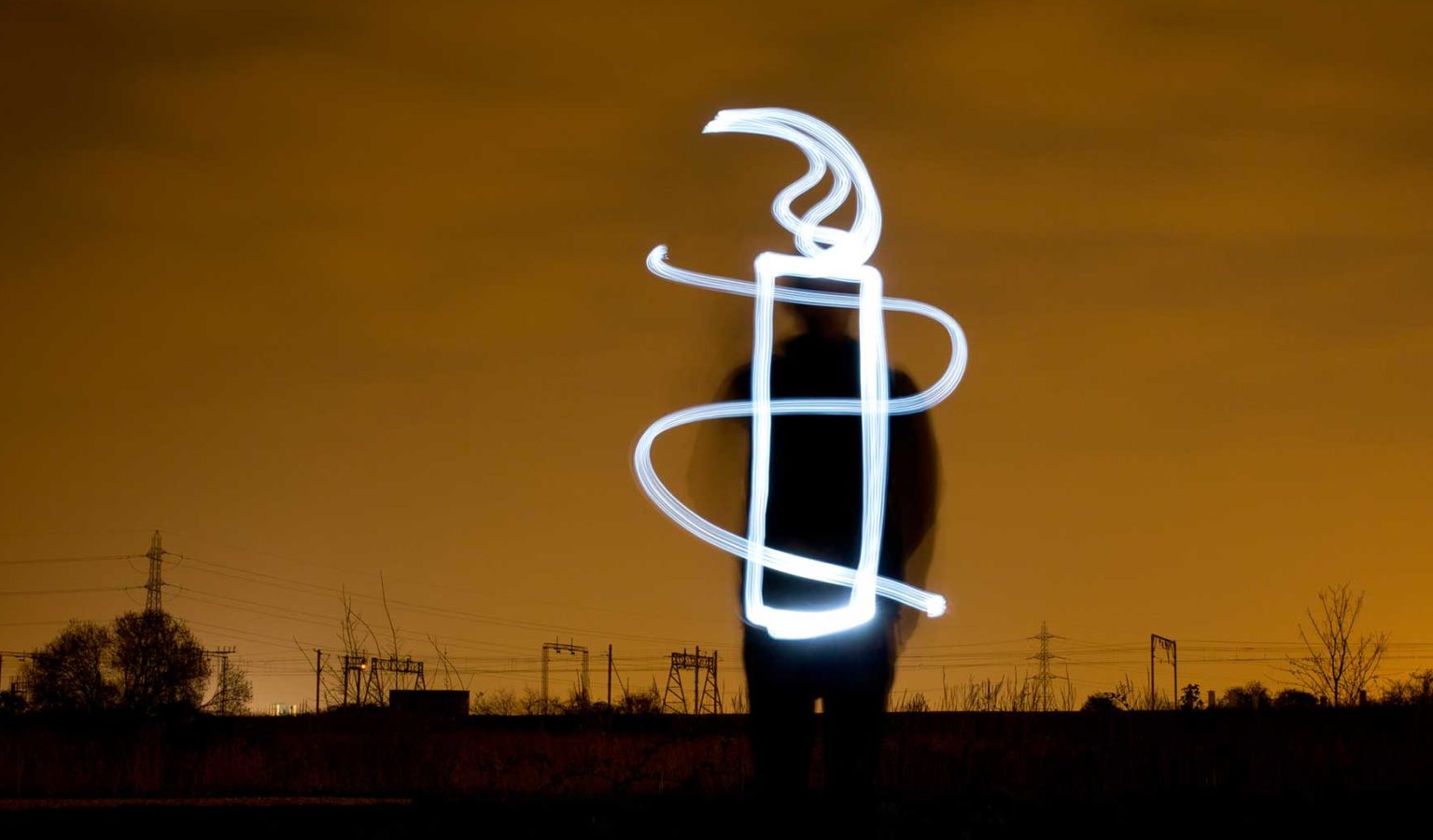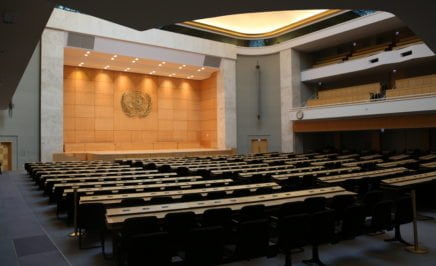A crucial resolution adopted at the UN Human Rights Council yesterday offered the victims of Sri Lanka’s armed conflict the prospect of finally getting the truth and justice they deserve.
The resolution was adopted without a vote at the UN Human Rights Council in Geneva, following the publication earlier this month of a UN report into alleged serious violations and abuses of human rights by all sides during Sri Lanka’s armed conflict.
“The adoption of this resolution is a turning point for human rights in Sri Lanka, and crucially recognizes terrible crimes committed by both parties during the armed conflict. Although far from perfect, if the resolution and the underlying commitments of Sri Lanka’s government are implemented in good faith it presents an opportunity for victims to finally get the truth and justice they have been waiting for,” said David Griffiths, Amnesty International’s South Asia Research Director.
“Although far from perfect, if the resolution and the underlying commitments of Sri Lanka’s government are implemented in good faith it presents an opportunity for victims to finally get the truth and justice they have been waiting for.”
David Griffiths, Amnesty International
“The resolution calls for international judges, defence lawyers, prosecutors and investigators to ensure the credibility of the justice process – this is crucial. Sri Lanka has time and time again shown it is both unwilling and unable to investigate war crimes allegations against its own forces or hold perpetrators of grave abuses to account.
“Any accountability process must have an international component for it to have any credibility, as well as to provide the necessary skills and expertise.
“It will also be up to the international community and the Sri Lankan authorities to ensure that victims and their families are genuinely consulted at every step of the process to get to truth and justice. Sri Lankan authorities must undertake a wide range of institutional reform, including to strengthen witness protection which today falls far short of what is required.”
“Sri Lankan authorities must undertake a wide range of institutional reform, including to strengthen witness protection which today falls far short of what is required.”
David Griffiths, Amnesty International







